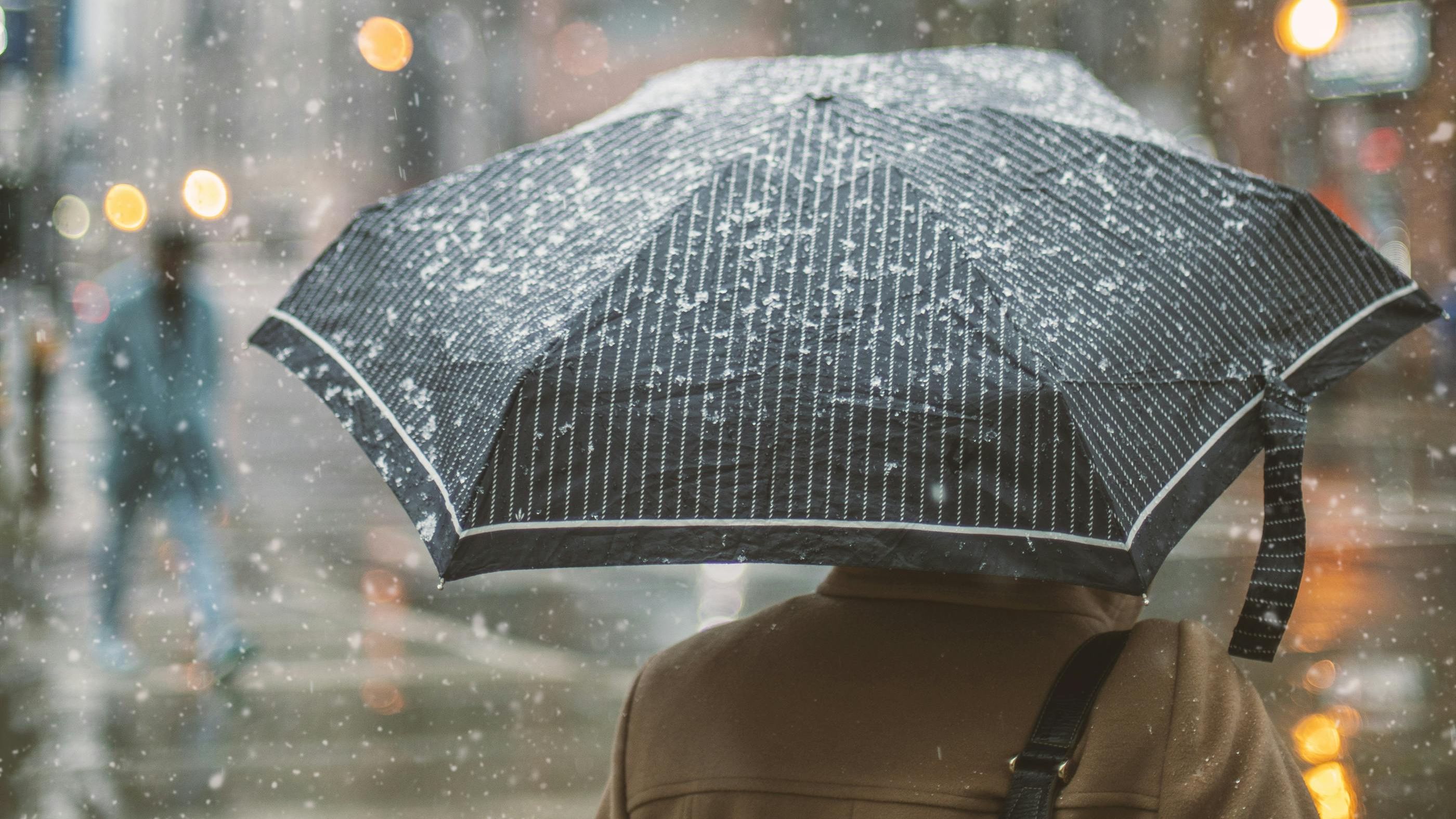Should You Really Have a Cash Cushion?
May 15, 2024
You may have wondered, should you really have a cash cushion? Also known as an emergency fund, safety net, or rainy day reserve.
The purpose of having a cash cushion is to set you up for success even when unexpected expenses come up. As we go through life, things inevitably come up that we can’t predict - car repairs, physical injuries, time off to support a family member, etc.
Especially for business owners, something could come up where income dips below normal for a couple months. To be prepared to face these types of circumstances, having a cash cushion will enable you to easily and quickly pull money to cover these expenses, without dipping into your investments.
You might ask, but if I need money, can’t I just pull from my investments? Let’s think this through.
If you end up needing to pull cash from an investment account, there are two things to consider: 1) tax consequences, and 2) market conditions. If your investments are in a non-retirement account, they are most likely subject to capital gains taxes, which won't be fun to pay. Also, if the market happens to be down when you need to pull out the money, you may incur a loss when you liquidate, and miss out on opportunity for growth when the market goes back up.
For these reasons, it’s much better to have a cash cushion set aside at all times. That way, you won’t have to worry about how to cover the expenses. You’ll have the cash ready to go, so you can focus your energy on the actual circumstance you’re dealing with.
How much money should you have in your cash cushion?
That’s really up to you, and depends on your circumstance. A commonly used rule of thumb is to have 3-6 months of essential living expenses saved up in your cash account. I encourage my clients to think through their situation. If their income was suspended temporarily for a few months, how would that affect their finances? Or, what if they got in an accident and needed major medical help? Again, it’s highly unlikely that these specific things will happen… but I can almost guarantee that something will happen over their lifetime where they'll need unexpected cash.
Some things to consider when deciding how much to have in your cash cushion:
- How many income sources does your family depend on?
- How fragile is that income?
- What are the potential risks that could get in the way of receiving that income?
- What are your essential monthly living expenses (a subset of your total monthly expenses)?
- Do you have young kids or other dependents who rely on your income?
- What would it take to help you sleep at night?
- Do you generally like to feel well prepared, or do you prefer to fly by the seat of your pants?
Note: If you are a married couple, consider your partner’s thoughts and feelings. There is no one right answer!
One last tip….
Keep this account separate. My husband and I keep our cash cushion in its own account, at a completely different bank than where we have our regular checking account. Why? So that we aren’t tempted to dip into it. We often forget it’s even there. Out of sight, out of mind. (But when a ‘rainy day’ comes along, we’ll know where to find our ‘umbrella’.)
Once you’ve set aside enough money in your cash cushion, congratulations- you’re ready to move on to more exciting financial goals!
Feel free to reach out if you have any questions on this topic!
Become an Insider
Get more resources and insights delivered straight to your inbox.

